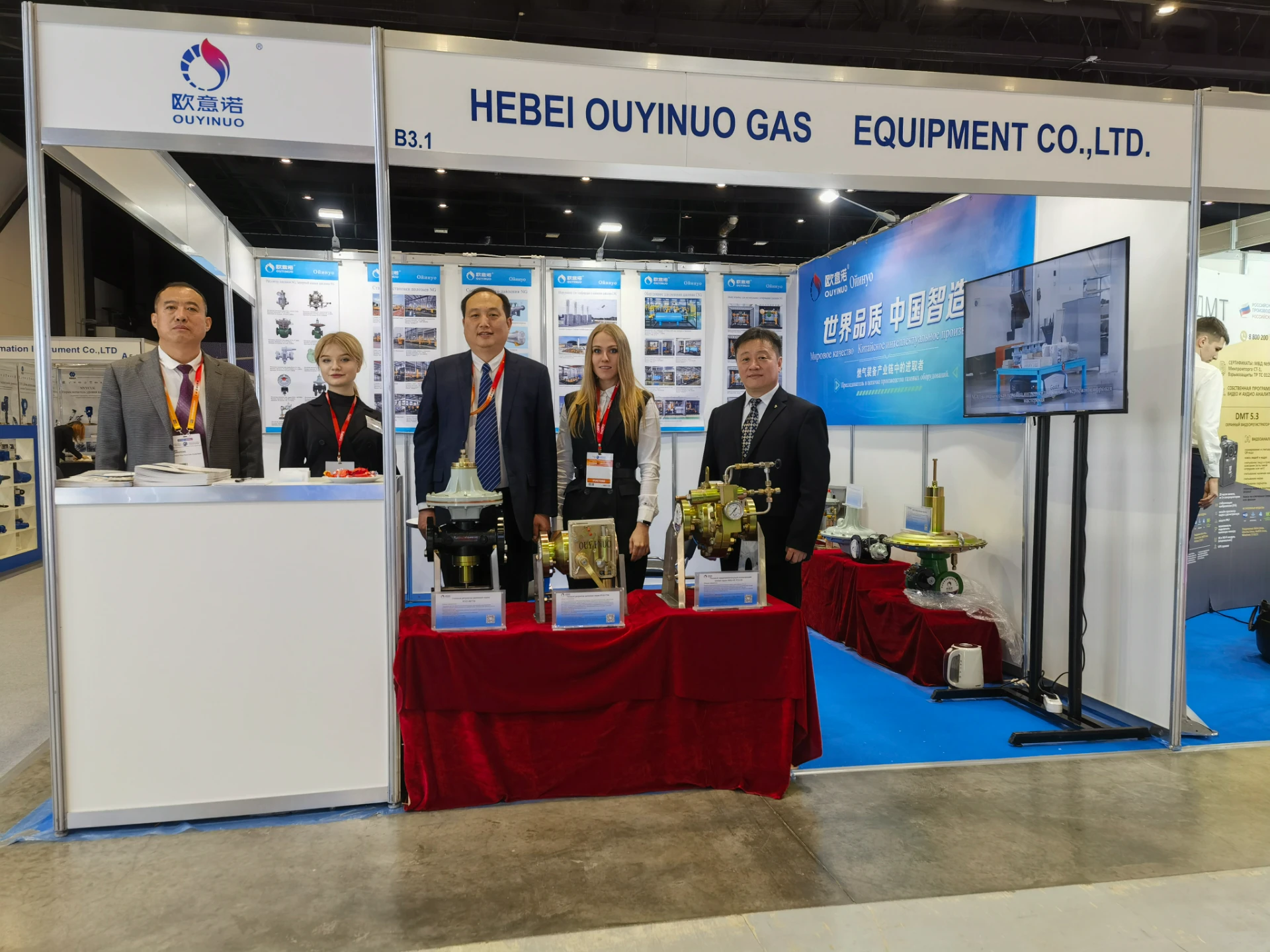
Nov . 10, 2024 23:55
Back to list
Understanding Pressure Pipes and Their Applications in Various Industries
Understanding Pressure Pipes An In-Depth Analysis
Pressure pipes play a fundamental role in various industries, serving as vital conduits for transporting water, oil, gas, and other fluids. With the constant demand for efficient and reliable fluid transport, understanding the specifications, materials, and applications of pressure pipes becomes essential.
What Are Pressure Pipes?
Pressure pipes are specially designed pipes that can handle internal pressures greater than atmospheric pressure. They are utilized in systems such as water supply, sewage treatment, natural gas distribution, and even in chemical manufacturing. The primary characteristic that differentiates pressure pipes from regular pipes is their ability to withstand higher pressures without failing or deforming.
Types of Pressure Pipes
Pressure pipes can be made from various materials, each possessing unique properties suited for specific applications
1. PVC (Polyvinyl Chloride) PVC pipes are lightweight, corrosion-resistant, and easy to install. They are commonly used in potable water systems, irrigation, and drainage applications. However, their pressure ratings can vary widely depending on the pipe's thickness and diameter.
2. HDPE (High-Density Polyethylene) Known for its flexibility and strength, HDPE pipes are often used in gas distribution, wastewater management, and industrial applications. They have excellent chemical resistance and are less prone to cracking under stress.
3. Steel Pipes These pipes are renowned for their robustness and can handle high pressure levels. They are typically used in oil and gas pipelines and high-pressure water applications. However, they are susceptible to corrosion, which necessitates protective coatings or linings.
4. Ductile Iron A popular material for municipal water supply systems, ductile iron pipes have a high tensile strength and can withstand heavy loads and external pressures.
pressure pipe

Applications of Pressure Pipes
Pressure pipes are utilized across multiple sectors
- Water Supply Systems Municipalities rely on pressure pipes to deliver safe drinking water to households and businesses. The design and material of the pipes ensure they can withstand the pressure generated by water treatment facilities and gravity.
- Oil and Gas Industry In this sector, pressure pipes transport crude oil and natural gas over long distances. The integrity of these pipes is crucial for maintaining safety and preventing leaks, which can lead to environmental disasters.
- Industrial Applications Many manufacturing processes require the movement of fluids under pressure. Pressure pipes are employed to connect various equipment and facilitate the flow of chemicals, steam, and other substances.
Importance of Pressure Ratings
Each type of pressure pipe has a specific pressure rating, which indicates the maximum pressure the pipe can safely handle. Understanding these ratings is critical for engineers and designers to ensure that the right type and size of pipe are used in industrial and municipal applications. Failure to adhere to pressure ratings can lead to catastrophic pipe failures, resulting in service interruptions, economic loss, and potential harm to individuals and the environment.
Conclusion
Pressure pipes are an indispensable part of modern infrastructure, driving the effective transport of essential fluids while ensuring safety and reliability. As technology advances and materials improve, the efficiency and longevity of pressure pipes will likely enhance, further solidifying their position in various industries. Whether it’s ensuring clean drinking water reaches our taps or transporting natural gas to power our homes, the significance of pressure pipes cannot be overstated. Understanding their complexities can help promote better design and maintenance practices, ultimately leading to safer and more efficient systems.
Latest news
-
Safety Valve Spring-Loaded Design Overpressure ProtectionNewsJul.25,2025
-
Precision Voltage Regulator AC5 Accuracy Grade PerformanceNewsJul.25,2025
-
Natural Gas Pressure Regulating Skid Industrial Pipeline ApplicationsNewsJul.25,2025
-
Natural Gas Filter Stainless Steel Mesh Element DesignNewsJul.25,2025
-
Gas Pressure Regulator Valve Direct-Acting Spring-Loaded DesignNewsJul.25,2025
-
Decompression Equipment Multi-Stage Heat Exchange System DesignNewsJul.25,2025

